|
Today we practiced using the problem solving process:
We solved the Handshake problem. Where we had to find out how many handshakes there would be if there were 10 people in the room and each person shook hands with each other person exactly once. Then we generalized it for any number of people in the room. We made plans and illustrated our solution on poster paper.
0 Comments
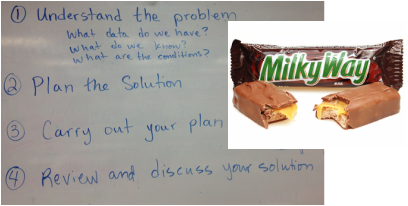 Today we learned the steps for the problem solving process: 1. Understand the problem 2. Plan the solution 3. Carry out the plan 4. Review and discuss your solution We practiced solve a few simple problems. We had the problem of breaking the candybar into 12 equal pieces, and shaking hands with each person in the room, and building a fence. We were in groups and we followed the steps for solving the problem. For some reason there were no trace of the candy bars at the end of the lesson. Data Collection Today we discussed the data that we give off as individuals. We wrote in our journals about the information that we give to people everyday. People thought of ideas like what we write on facebook or twitter, things we say when we talk to people, the texts we write, attendance at school, the homework we do, the papers we write, what we purchase at restaurants, what we search for on the internet, what we purchase on the internet, the books we check out from the library, how far we drive or walk, statistics of what happens in the games we play (i.e. number of sacks in a football game), the people we talk to, etc. All these things tell a story about our lives. Then we read a few articles online to help us think about how important our data is: http://www.nytimes.com/2006/08/09/technology/09aol.html http://blog.netflix.com/2010/03/this-is-neil-hunt-chief-product-officer.html http://www.nytimes.com/2010/03/17/technology/17privacy.html We discussed the articles and talked about our privacy and how the everyday data that we give off tells a very detailed story of who we are, and that is not something that is appropriate to be publicized. We agreed that good things can be done with our data, like a custom experience at a store, but for the most part it is best to keep that data private. We also brainstormed ideas of the data we would collect to solve the problem of installing a more useful public transportation solution (more public busses, bus routes, and bus stops). We figured out that collecting data through survey and population records would help us make the best decisions in planning bus routes and stops.
Here is a conversation I had with a computer to illustrate how unintelligent they are:I am the psychotherapist. Please, describe your problems.
Each time you are finished talking, type RET once or click 'say'. You: I think my lectures are too boring Doc: Is it because of any hobbies you have that you say you think your lectures are too boring? You: Teaching is not a hobby, it is my job. Doc: How do you reconcile some problems in your childhood? You: By talking them out Doc: Is it because of problems at school that you say by talking them out? You: I just don't want to be boring Doc: Why should i give not want to be boring to just? You: What are you saying doctor? Are you a computer? Doc: You should try taking your mind off of computers. You: You are just a computer! Doc: What makes you believe just would like not want to be boring? You: You don't know how I feel! Doc: I need a little more detail please. You: You are a computer with no self awareness and no emotion Doc: You think too much about computers. You: You can't think at all Doc: Earlier you said just would like not want to be boring?
|
Mr. AlveyThe host of the show disclosureArchives
November 2014
Categories
All
|
||||||||||||||||||||||||
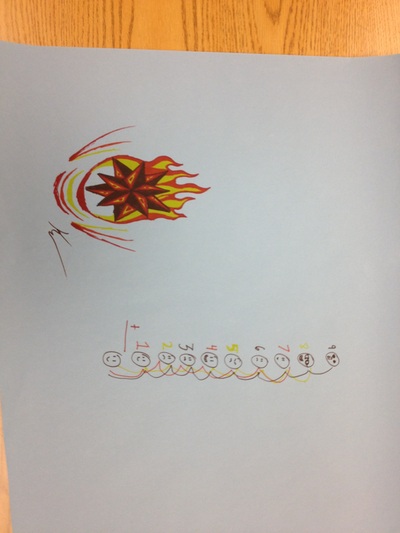
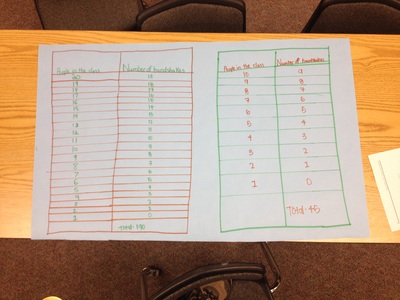
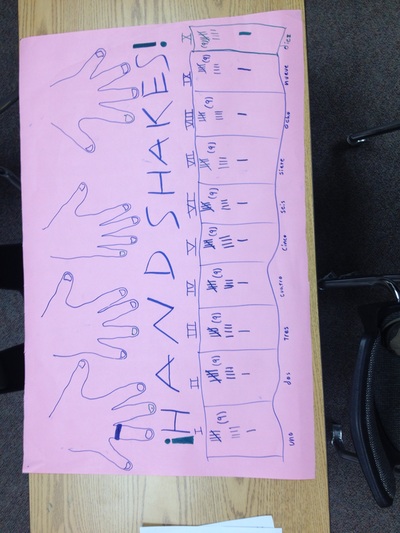
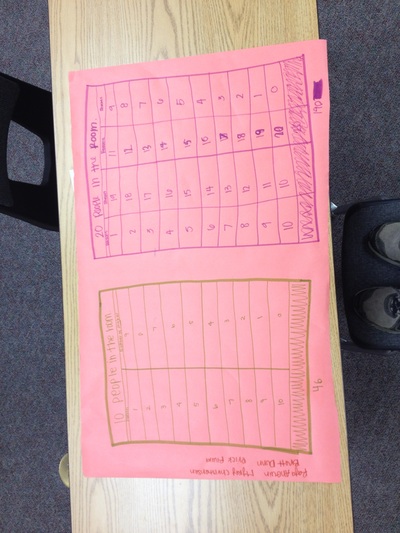
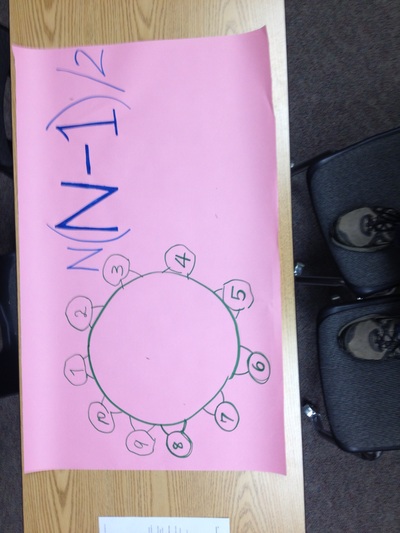
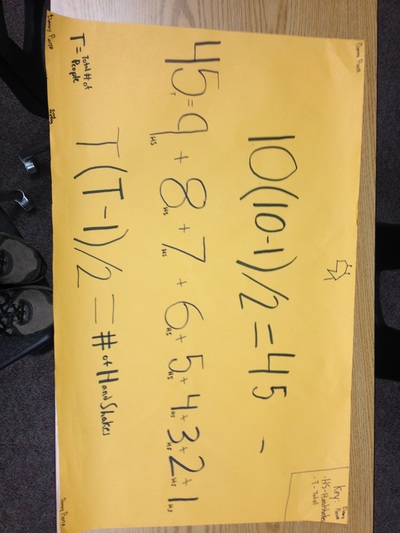


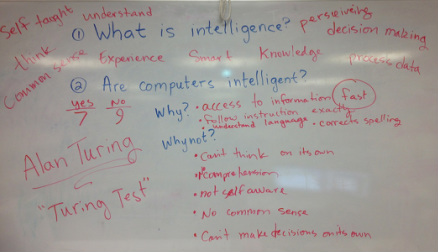
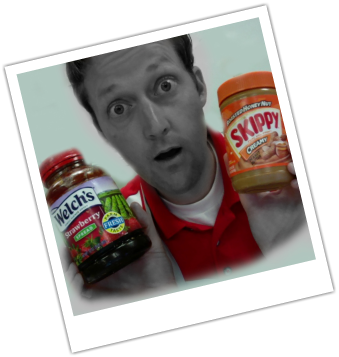
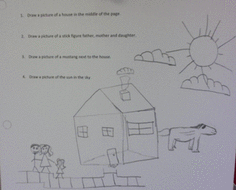
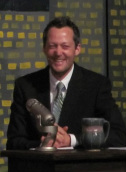
 RSS Feed
RSS Feed
